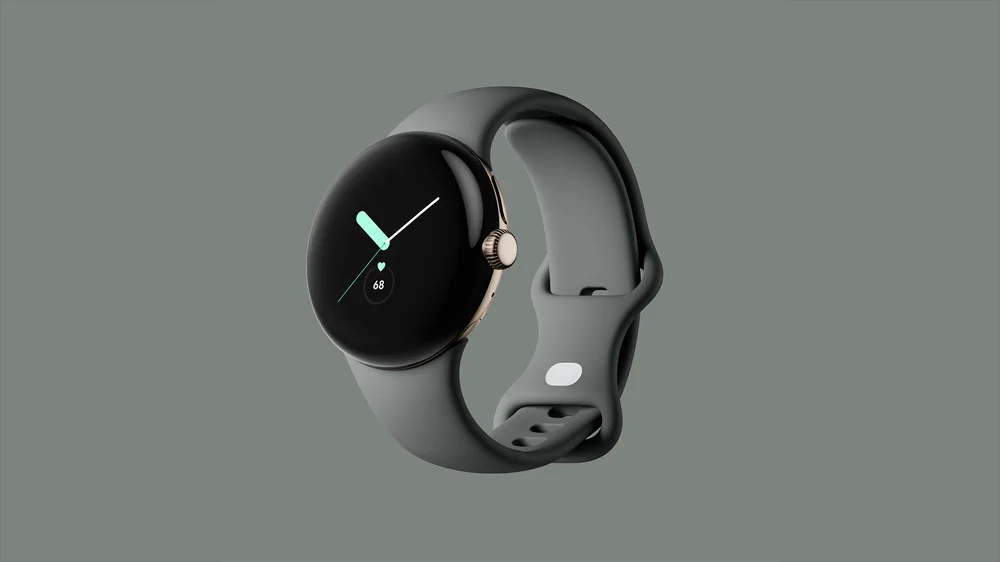This great idea would end the AirTags harassment problems that Apple has not been able to solve

apple‘s tracking technology, the more than famous AirTags, have been a great salvation for finding objects, but their ability to track has also raised quite a few concerns about their misuse.
Although Apple has been gradually implementing protection measures, Researchers at Johns Hopkins and California Universities in San Diego have proposed a cryptographic scheme to improve the detection of malicious AirTags without putting the privacy of users at risk.
In context, Find My, the app that allows Apple users to track both people and devices, uses cryptographic keys to identify AirTags, in this case, and see where they are. However, the periodic change of the public identifier associated with each AirTag gave rise to misuse.
Apple originally designed AirTags to change their public identifier every 15 minutes. This frequent rotation was intended to preserve user privacy by making it more difficult for someone to track the AirTag’s location over time using technologies like Bluetooth scanning.
DepositPhotos
However, this feature was logically going to cause problems, since AirTags could be used for tracking by constantly changing their identifier.
In response to these concerns, Apple adjusted its design so that AirTags change their public identifier only once every 24 hours when they are away from the device. This was done to balance detecting potential stalkers while preserving user privacy in normal usage situations.
Although this measure attempts to end this stalking and tracking problem, researchers found that it still allows AirTags to broadcast their location to anyone within a 30- to 50-foot radius for an entire day, again raising concerns about privacy and effectiveness. of the system to prevent these dangerous cases.
A great solution that would put an end to the problems that Apple cannot solve
Researchers from Johns Hopkins University and the University of California, San Diego have proposed a solution to resolve these privacy and security issues associated with Apple AirTags. Imagine you have one, but someone more malicious plants another one to secretly track your location. Researchers want to avoid this.
First, they propose a system in which your mobile only realizes that it is being followed by an AirTag if it receives enough specific signals over time. So if someone is trying to track you suspiciously, the system would reveal the presence of the strange AirTag and could detect that it has been near you for a worrying time.
Second, they use something called “error-correcting coding.” This is as a mechanism to deal with the large amount of data that AirTags and other devices constantly generate. The idea is to separate useful information from noise and maintain signal quality even if there are some errors or interference.
The combination of these two concepts aims balance detecting potential threats, such as unauthorized tracking, with preserving your privacy when using an AirTag. The researchers believe this approach may be a more effective and balanced solution compared to current ways of implementing technology.



